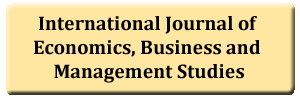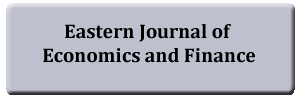Phenomenological Experiences of the Girl Child in Accessing Technical Education in Ghana
DOI:
https://doi.org/10.20448/801.44.498.505Keywords:
Technical education, Girl child, Experiences, Female students, Technical institutions.Abstract
Female enrolment in Technical Education in Ghana has been low in recent times. Regardless of this, some females have made a decision to attain Technical Education. The study examined the experiences of the Girl Child in accessing Technical Education in Ghana. The study employed a phenomenological design using a qualitative approach. The study was conducted in one of the Technical Education Institutions in Ghana. The study sampled 8 female students and 2 female coordinators of Women in Technical Education (WITED). The students were conveniently selected whereas the coordinators were purposefully selected. An interview guide was used to collect data from the respondents. Thematic analysis was used to analyse data gathered. It was discovered that the attitudes of family and friends towards Female Technical Education were negative. Also, female students were found to be harassed by male teachers and students. The study found that the institution did not have facilities like a place of convenience for the available female students. It was concluded that even though Technical Education is very important to national development, females are not encouraged by family and friends to enrol in Technical Education programmes. It was recommended that teachers, media, and all stakeholders are encouraged to educate the general public, especially parents, on the need for Female Technical Education. This education should also focus on diluting all misconceptions held by the public.




